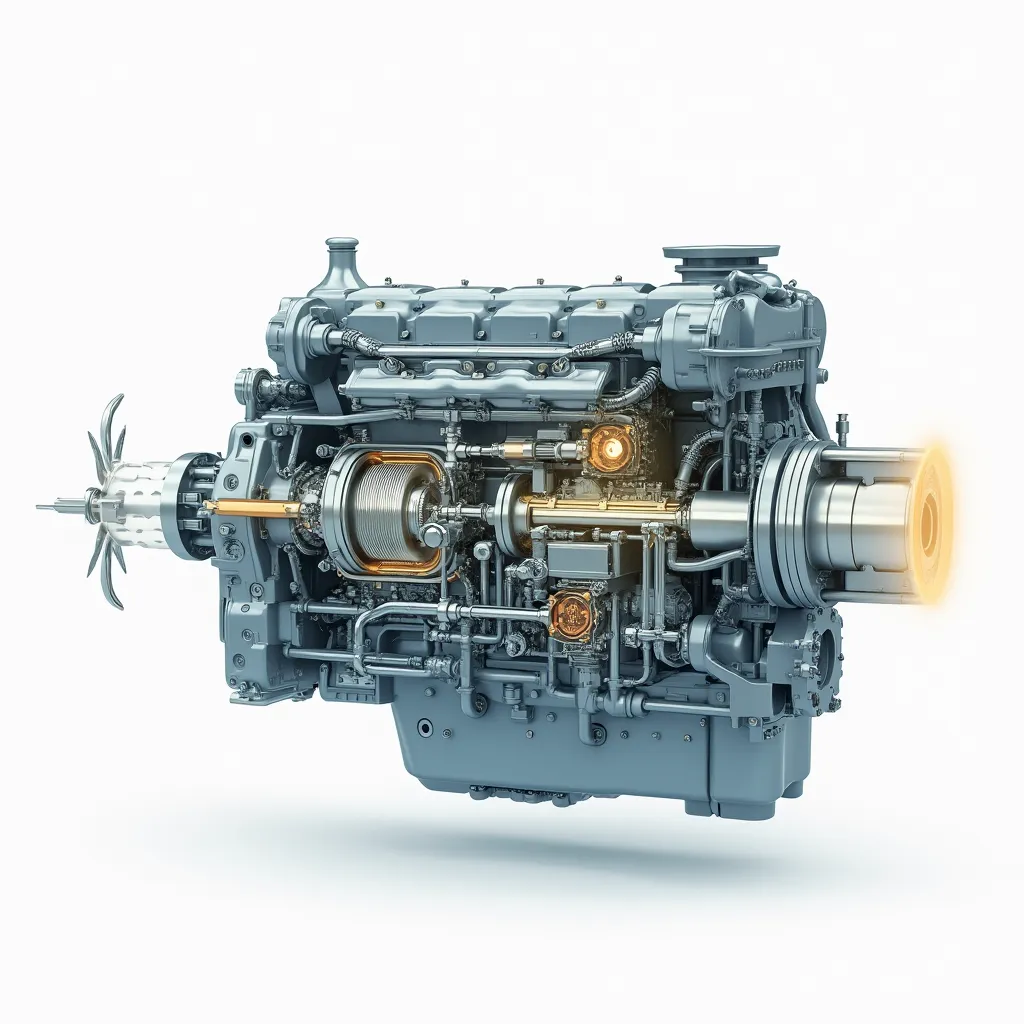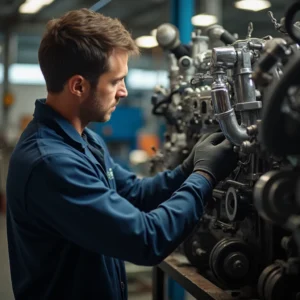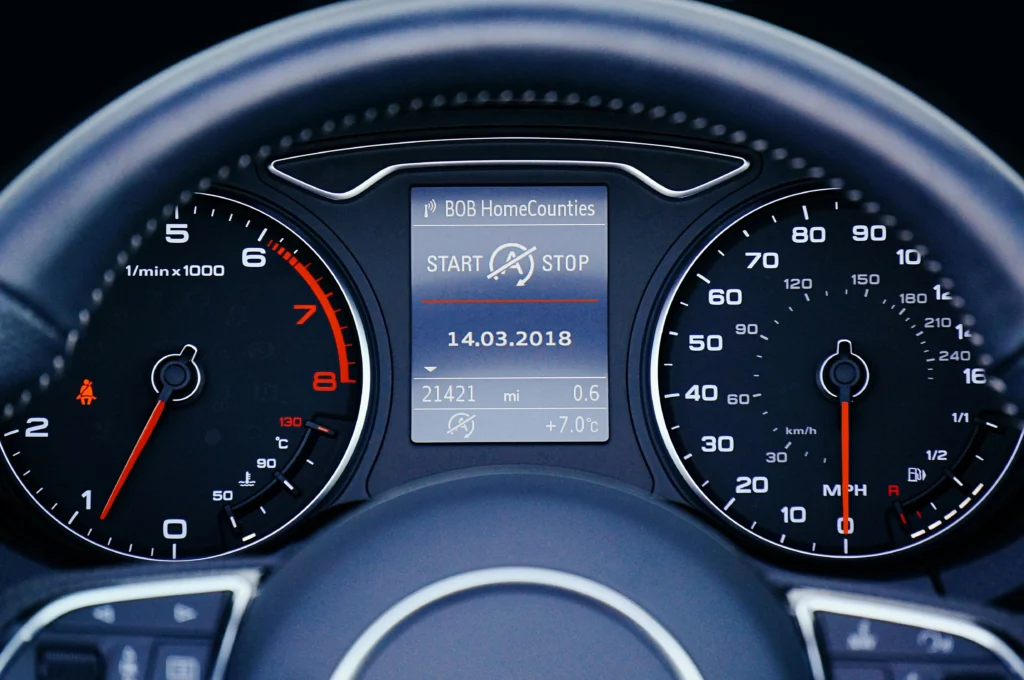15 Effective Methods to Save Fuel in Diesel Vehicles: The Ultimate Guide

Are you tired of watching your hard-earned money disappear at the diesel pump? With fuel prices constantly fluctuating, learning how to maximize your diesel vehicle’s efficiency isn’t just smart—it’s essential. Whether you’re driving a heavy-duty truck or a personal diesel vehicle, implementing the right fuel-saving strategies can significantly impact your wallet and the environment.
- 15 Effective Methods to Save Fuel in Diesel Vehicles: The Ultimate Guide
- Understanding Diesel Fuel Efficiency
- Essential Maintenance Practices
- Tire Management and Rolling Resistance
- Driving Habits That Save Fuel
- Progressive Shifting
- Speed Management
- Load Management and Aerodynamics
- Advanced Fuel-Saving Technologies
- Start-Stop Systems
- Eco Modes
- Planning and Navigation
- Frequently Asked Questions
- How does cold weather affect diesel fuel efficiency?
- What's the optimal engine temperature for fuel efficiency?
- Does idle time affect fuel efficiency?
- How often should I change my diesel fuel filter?

Understanding Diesel Fuel Efficiency
Before diving into specific methods, let’s understand why diesel fuel efficiency matters. Diesel engines are already more efficient than their gasoline counterparts, but there’s always room for improvement. The way you maintain and operate your vehicle can make a substantial difference in fuel consumption.
| Factor | Impact on Fuel Economy |
|---|---|
| Poor Maintenance | Up to 30% reduction |
| Aggressive Driving | Up to 25% reduction |
| Incorrect Tire Pressure | Up to 3% reduction |
Essential Maintenance Practices

Proper maintenance is the foundation of fuel efficiency. Here are critical areas to focus on:
- Regular Oil Changes: Use manufacturer-recommended oil grades
- Air Filter Maintenance: Clean or replace every 15,000-30,000 miles
- Fuel System Cleaning: Schedule professional cleaning annually
Tire Management and Rolling Resistance
Your vehicle’s tires play a crucial role in fuel efficiency. Maintaining proper tire pressure can improve fuel economy by up to 3%. Consider these key points:
- Check tire pressure weekly
- Rotate tires every 6,000-8,000 miles
- Align wheels regularly
- Choose low-rolling-resistance tires
Driving Habits That Save Fuel
The way you drive significantly impacts fuel consumption. Adopting these habits can lead to substantial savings:
Progressive Shifting
Optimal gear shifting is crucial for diesel fuel efficiency. Shift up early and maintain lower RPMs when possible. Most modern diesel engines perform best between 1,200 and 1,500 RPM.
Speed Management

Maintaining a steady speed is key to fuel efficiency. Use cruise control on highways and avoid rapid acceleration. The sweet spot for most diesel vehicles is between 55-65 mph.
| Speed (mph) | Fuel Economy Impact |
|---|---|
| 55-65 | Optimal Efficiency |
| 65-75 | 10% Reduction |
| 75+ | 15%+ Reduction |
Load Management and Aerodynamics
Weight and aerodynamics significantly affect fuel consumption. Consider these strategies:
- Remove unnecessary cargo
- Install aerodynamic accessories
- Maintain proper weight distribution

Advanced Fuel-Saving Technologies
Modern diesel vehicles often come equipped with fuel-saving technologies. Familiarize yourself with features like:
Start-Stop Systems
These systems automatically shut off the engine when stationary and restart it when needed, potentially saving up to 5% on fuel in urban driving conditions.
Eco Modes
Many vehicles offer eco driving modes that optimize engine performance and transmission settings for maximum fuel efficiency.
Planning and Navigation
Smart route planning can significantly impact fuel consumption. Use tools like Google Maps or specialized truck routing applications to find the most efficient routes.
For more detailed information about diesel fuel efficiency, check out these resources:
Watch this informative video about diesel fuel efficiency:
Frequently Asked Questions
How does cold weather affect diesel fuel efficiency?
Cold weather can reduce fuel efficiency by 5-10% due to increased fluid viscosity and longer warm-up times.
What’s the optimal engine temperature for fuel efficiency?
Most diesel engines operate most efficiently between 185-205°F (85-96°C).
Does idle time affect fuel efficiency?
Yes, excessive idling can consume 0.5-1.0 gallon of fuel per hour.
How often should I change my diesel fuel filter?
Most manufacturers recommend changing the fuel filter every 10,000-15,000 miles.
Are synthetic oils better for fuel efficiency?
Yes, synthetic oils can improve fuel efficiency by reducing engine friction and maintaining better viscosity across temperature ranges.


